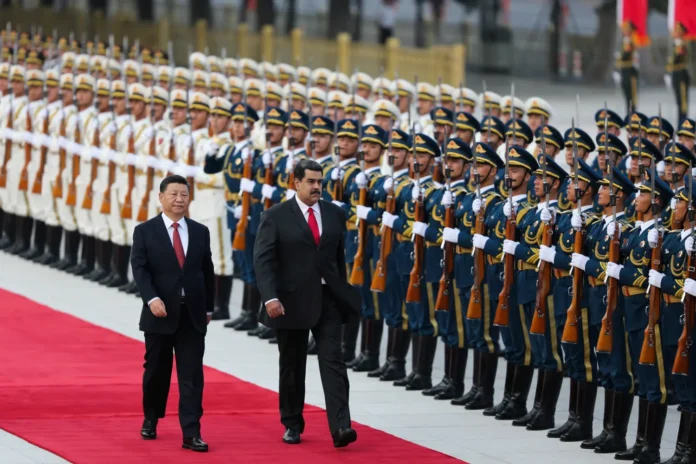Author: Alexandre Marc and Bruce Jones
Affiliation: Marc: Brookings non-resident Senior Fellow;
Jones: Brookings Senior Fellow, Director – Project on International Order and Strategy
Organization/Publisher: Brookings Institute
Date/Place: Feb 2021/USA
Type of Literature: Online series article from Brookings’ Initiative on Nonstate Armed Actors
Word Count: 2,300
Link: https://www.brookings.edu/blog/order-from-chaos/2021/02/03/the-new-geopolitics-of-state-fragility/
Keywords: Geopolitics, Fragile States, European Countries, U.S., China, Russia.
Brief:
The authors draw attention to the concept of fragile state as an opportunity for the powerful non-Western states to exert their will that could undermine the success of building those states. Western countries in general, and the US in particular, had been deeply invested in fragile state revival through institutions such as the IMF and UN in the post-Cold War er—referred to as “old geopolitics.” Today, influence over fragile states has become a geopolitical competition between powerful states. China and Russia are the two major competitors that have challenged the US and European influence in many cases. Although considering Russia’s economic capacity, it is not comparable with China’s involvement in fragile states. Regional powers like Turkey and Iran have stood up to assert their influence too. Operating parallel to the Western institutional influence, the new actors often have invested in big “infrastructure projects”, which such competition alerts challenges for fragile states in five areas: (1) the involvement of powerful states has brought back proxy wars and political complications; (2) devaluation of sustainable economic development due to external financial investments; (3) downgrading the justice and security institutions; (4) degrading the power of regional and international institutions like UN Security Council over the local actors; and (5) policy divergence from Western countries. To diminish the new actors’ influence over fragile states, the authors urge the Western powers (US and European Countries) to have a unified approach to deal with non-Western actors like China, Russia, and Turkey.
By: Abdullah Jurat, CIGA Senior Research Associate




